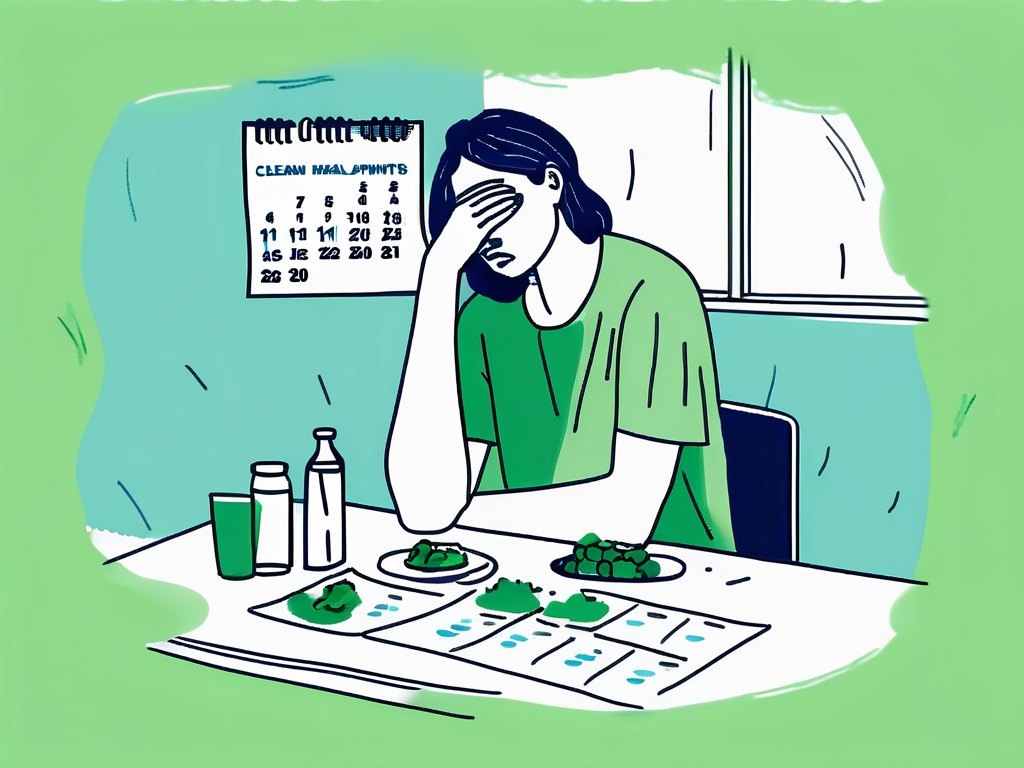Eating disorders are serious mental health conditions that can significantly impact a person’s physical and emotional health. They go beyond simple dieting or concerns about weight and can have severe consequences if left untreated. Recognizing the signs and symptoms of an eating disorder is the first step toward getting help. If you or someone you know may be struggling, it’s essential to understand the treatment options available. Below is a quick overview of the common treatment options for eating disorders.
Quick Overview of Treatment Options for Eating Disorders:
- Individual Therapy: One-on-one sessions to address thoughts, emotions, and behaviors related to food and body image.
- Nutritional Counseling: Guidance from a dietitian to help establish a balanced relationship with food and nutrition.
- Medical Monitoring: Regular check-ups to monitor physical health and manage any complications.
- Family-Based Therapy (FBT): Involves family members in the treatment process, especially beneficial for adolescents.
- Group Therapy and Support Groups: Provides peer support and shared experiences in a safe environment.
- Inpatient or Residential Programs: Structured treatment in a supportive setting for individuals needing intensive care.
Understanding Eating Disorders
Eating disorders are complex mental health conditions that often arise from a combination of long-term behavioral, emotional, psychological, interpersonal, and social factors. While eating disorders may begin with preoccupations with food and weight, they are most often about much more than just food.
People struggling with an eating disorder need to seek professional help. The earlier a person with an eating disorder seeks treatment, the greater the likelihood of physical and emotional recovery.
Types of Eating Disorders
There are several types of eating disorders, including Anorexia Nervosa, Bulimia Nervosa, and Binge Eating Disorder. Each has unique symptoms, but a serious disturbance in eating behaviors characterizes all.
Anorexia Nervosa is characterized by self-starvation and excessive weight loss. Bulimia Nervosa is characterized by a cycle of binge eating followed by compensatory behaviors such as self-induced vomiting. Binge Eating Disorder is characterized by recurrent binge eating without the regular use of compensatory measures to counter the binge eating.
Signs and Symptoms of Eating Disorders
While the symptoms of eating disorders vary depending on the specific type of disorder, some common signs may indicate a person is struggling with an eating disorder. These signs can be physical, emotional, or behavioral.
Physical signs may include extreme weight loss or gain, feeling cold all the time, or menstrual irregularities in women. Emotional and behavioral signs may consist of preoccupation with weight, food, dieting, or body size, frequent dieting, evidence of binge eating, or the use of diet pills, laxatives, or self-induced vomiting to control weight.
Physical Signs
Physical signs of an eating disorder can be some of the most noticeable. These may include dramatic weight loss or gain, feeling cold all the time, or menstrual irregularities in women. Other physical signs may include dizziness or fainting, fatigue, and dry skin and hair.
It’s important to note that these physical signs may not be present in all individuals with eating disorders. For example, individuals with bulimia nervosa or binge eating disorder may be of average weight or even overweight.
Emotional and Behavioral Signs
Emotional and behavioral signs of an eating disorder can be more difficult to recognize, but they are just as important. These may include a preoccupation with weight, food, dieting, body size, frequent dieting, or evidence of binge eating.
Other emotional and behavioral signs may include the use of diet pills, laxatives, or self-induced vomiting to control weight, feelings of disgust, depression, or guilt after overeating, and withdrawal from friends and activities.
When to Seek Help
If you or someone you know is exhibiting any of these signs or symptoms, seeking help is important. Eating disorders can have serious health consequences if left untreated, and the earlier treatment is sought, the better the chances of recovery.

It’s also important to remember that you don’t have to have all of the symptoms of an eating disorder to have an eating disorder. If your relationship with food is causing you distress or interfering with your daily life, it’s time to seek help.
Getting Help
Getting help for an eating disorder can feel daunting, but it’s an essential step towards recovery. The first step is usually to speak with a healthcare provider. They can provide a thorough assessment and refer you to appropriate treatment services.
Treatment for eating disorders usually involves a combination of medical, nutritional, and therapeutic interventions. It’s important to find a treatment team that specializes in eating disorders to ensure you receive the best possible care.
Supporting Someone with an Eating Disorder
If someone you know is struggling with an eating disorder, it’s important to approach them with care and understanding. Express your concerns without judgment, and encourage them to seek professional help. Remember, recovery is possible, and with the right support and treatment, individuals with eating disorders can go on to lead healthy, fulfilling lives.
Conclusion
Eating disorders are serious mental health conditions that require professional treatment. Recognizing the signs and symptoms is the first step toward getting help. If you or someone you know is struggling with an eating disorder, don’t hesitate to seek help. Recovery is possible, and the sooner treatment is sought, the better the chances of a full recovery.
If you recognize the signs of an eating disorder in yourself or a loved one, it’s crucial to take action. ViaMar Health is here to support you on your journey to recovery. Our compassionate team offers personalized, evidence-based treatment tailored to your unique needs, including co-occurring mental health conditions. With programs for all genders and ages, from residential to outpatient care, we’re committed to guiding you every step of the way. Don’t wait to start the voyage to health and healing. Speak with an Admission Specialist today to start your recovery.




